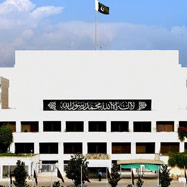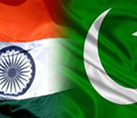Water Security for India: The External Dynamics
- Publisher: Institute for Defence Studies and Analyses
2010
India is facing a serious water resource problem and as trends suggest, it is expected to become 'water stressed' by 2025 and 'water scarce' by 2050. Premised on this, this IDSA Report raises fundamental questions about the forces driving water demand and the political dynamics of riparian relations, both in terms of hindrances and opportunities, amongst states in the subcontinent.
- ISBN 81-86019-83-9 ,
- Price: ₹. 350/-
- E-copy available
- IDSA Task Force
- 2010













